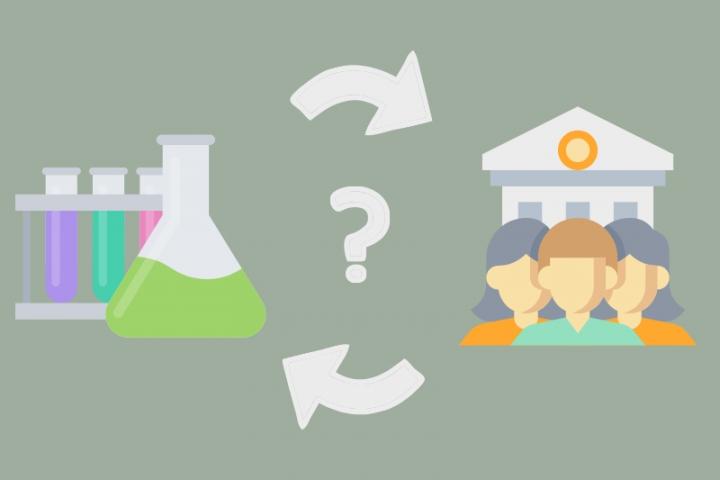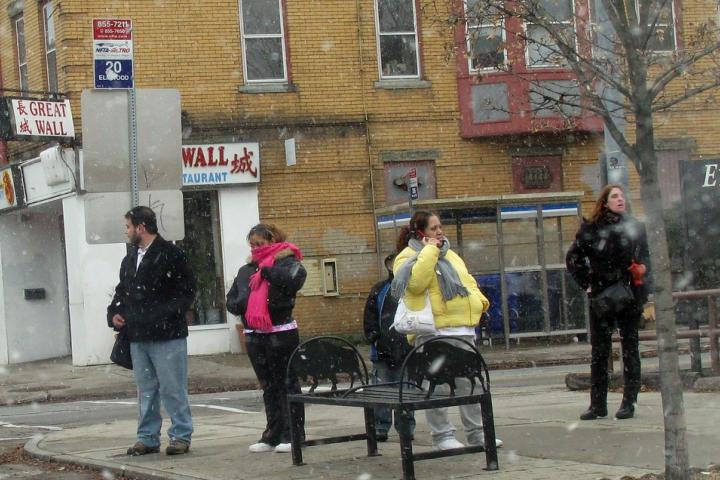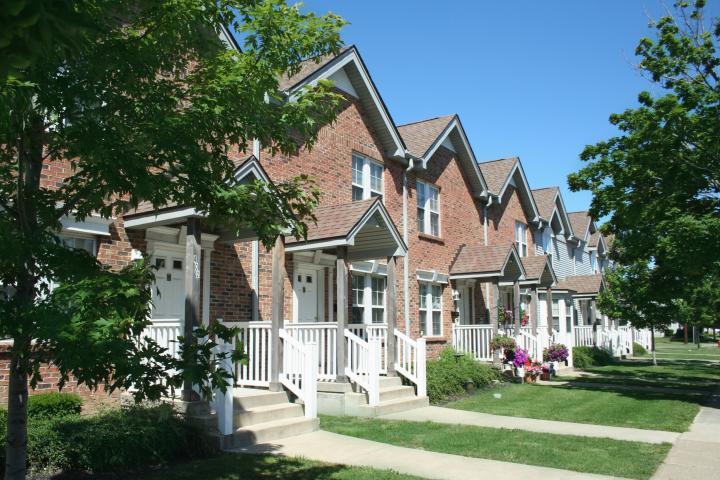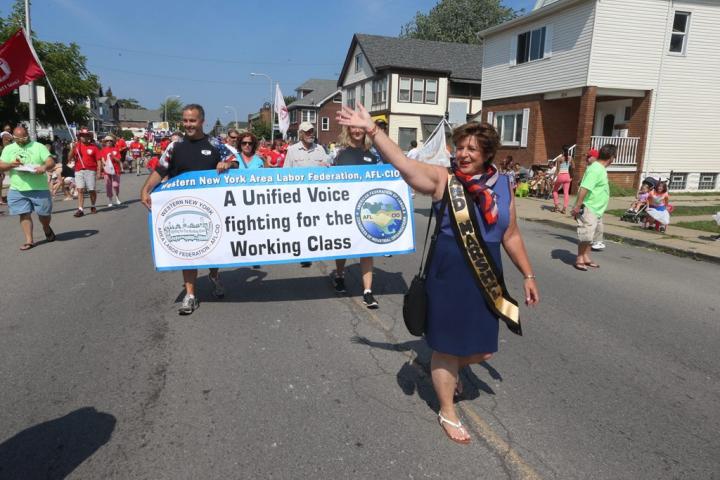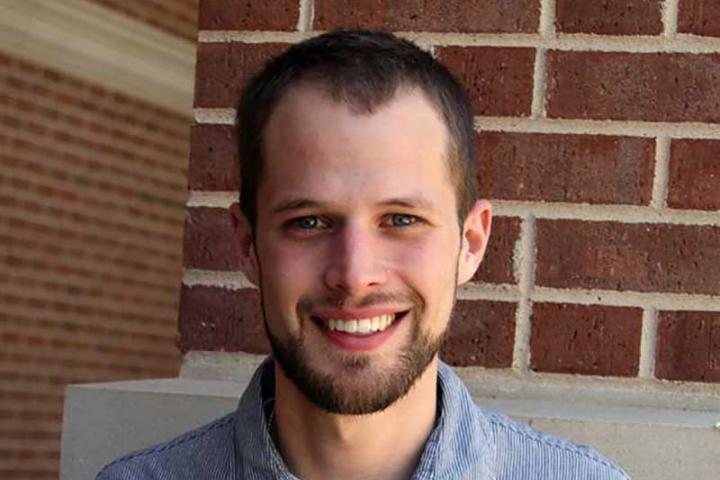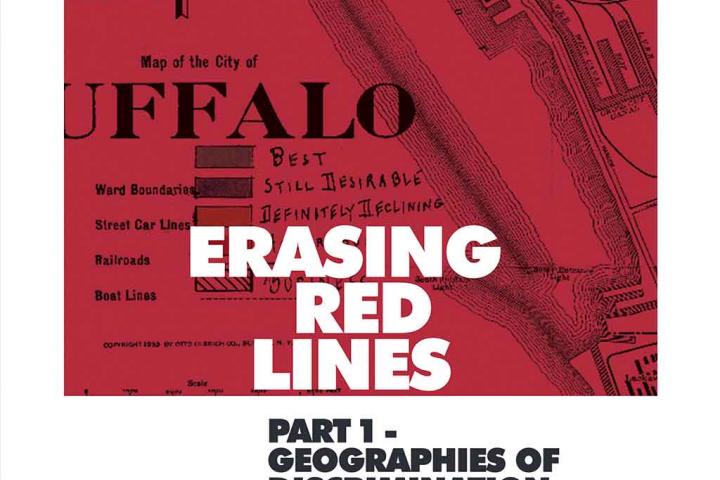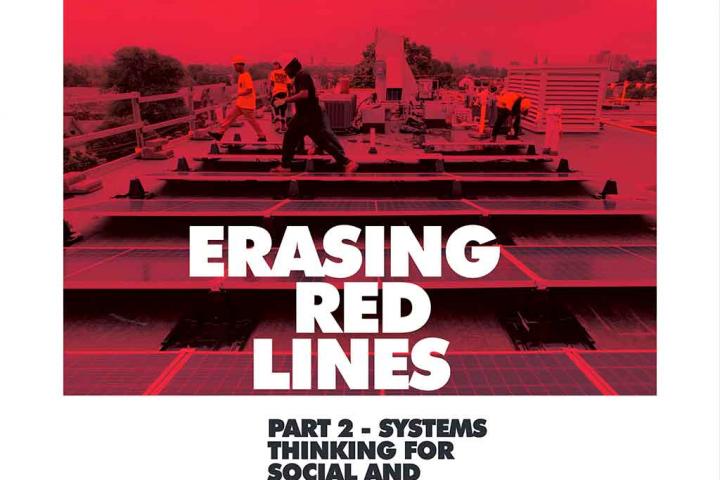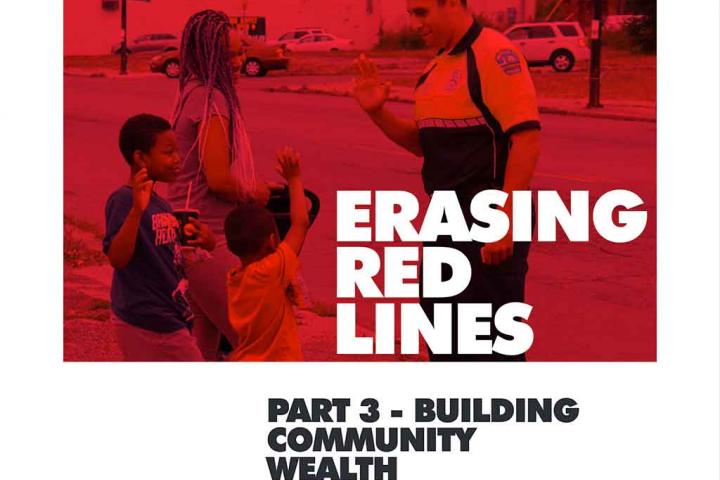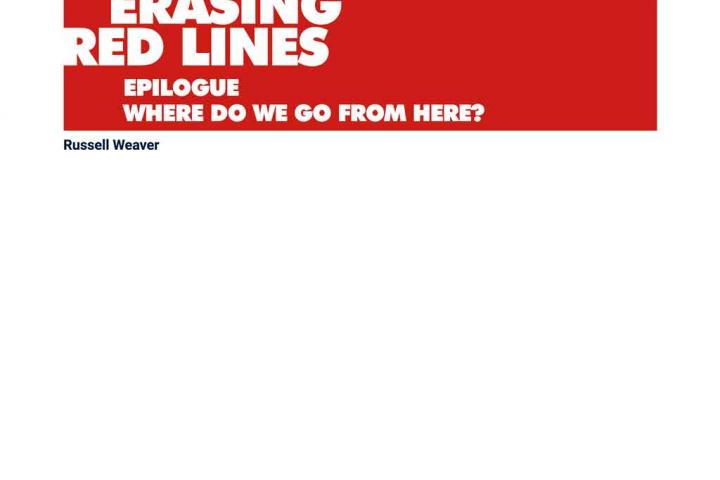Data for Equitable Economic Development and Sustainability, or Good DEEDS, is an initiative of the Cornell University School of Industrial Labor Relations (ILR) Buffalo Co-Lab. When fully operational, Good DEEDS will function as a public data repository coupled with High Road Policy, a quarterly issue memorandum and continuous blog. Good DEEDS seeks to:
- democratize geographic, economic, environmental, and social data and provide training on how to use that data;
- generate a set of shared metrics for monitoring change over time;
- conduct original surveys to shed new light on regional workforce, civil society, economic and ecological health, and quality of life; and
- produce original research and reports for elected officials, community institutions, and the public at large.
News Updates
High Road Policy contributes actionable insights to contemporary policy and political discourses in and beyond the regions and communities of Upstate New York.

Erasing Red Lines
A three-part series examining the roots and spatial patterns of economic distress in the City of Buffalo, NY, and engaging with strategies for reinvestment in the City’s chronically distressed neighborhoods.
Contact
Please direct all questions, feedback, and consultation requests to:
Rusty Weaver
617 Main Street, Suite 300
Buffalo, NY 14203 (716) 852 4191 ex. 112
rw597@cornell.edu


